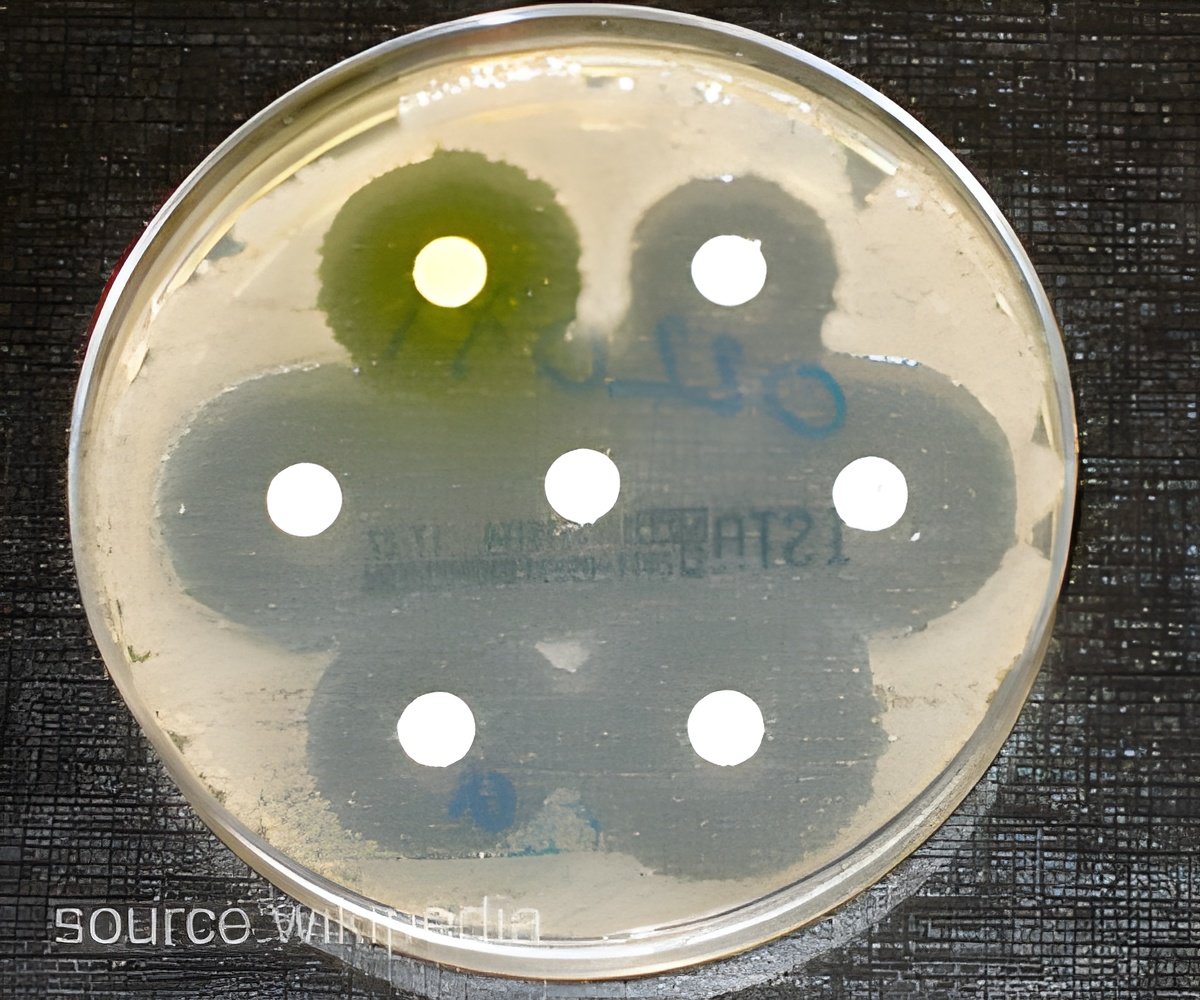In the past, resistances in Proteus mirabilis strains have frequently remained unnoticed due to the prevalence of enzymes that are not routinely tested.

Proteus mirabilis – analysis of a concealed source of carbapenemases and development of a diagnostic algorithm for detection
Go to source). The team focused on determining whether a strain of the bacterium Proteus mirabilis is resistant to certain antibiotics, thus rendering them ineffective. The researchers have now presented their innovative technique in the journal Clinical Microbiology and Infection.
‘Proteus mirabilis bacterium infection can result in various health issues such as urinary tract infections, wound infections, bloodstream infections, and pneumonia. #bacterialinfection #antibioticresistance’





The team was able to demonstrate that resistances to reserve antibiotics (last-resort antibiotics) in Proteus mirabilis are far more common than previously believed, and often go undetected with current standard testing methods. To identify these resistances, the group used cutting-edge molecular biology methods including next-generation sequencing, with which many hundreds of genes can be sequenced in parallel.
Innovative Method for Rapid Detection of Carbapenem Resistance
On the basis of these data the researchers were able to develop a method for the fast and cost-effective detection of resistance to a class of reserve antibiotics called carbapenems. These resistances generally coincide with resistance to a number of other drugs. The Oldenburg researchers' method involves first testing the susceptibility of a bacterial strain to two specific antibiotics that the study showed to be particularly reliable indicators.In many cases the result of these tests, in conjunction with an algorithm especially developed by the team, can already determine whether the bacterial strain under examination is capable of destroying a carbapenem antibiotic. Armed with this knowledge, doctors can prescribe a different medication if necessary. If the results of the test are unclear, an additional test will be necessary, which the team also described in its paper.
"This approach is certainly considerably faster and cheaper than the current methods for detecting these resistances," says Professor Hamprecht, director of the University Institute of Medical Microbiology and Virology at the Klinikum Oldenburg and a lecturer at the University's School of Medicine and Health Sciences. Another advantage, he adds, is that most laboratories already have the infrastructure for conducting these tests.
Reference:
- Proteus mirabilis ¡V analysis of a concealed source of carbapenemases and development of a diagnostic algorithm for detection - (https://www.clinicalmicrobiologyandinfection.com/article/S1198-743X(23)00256-2/fulltext)















